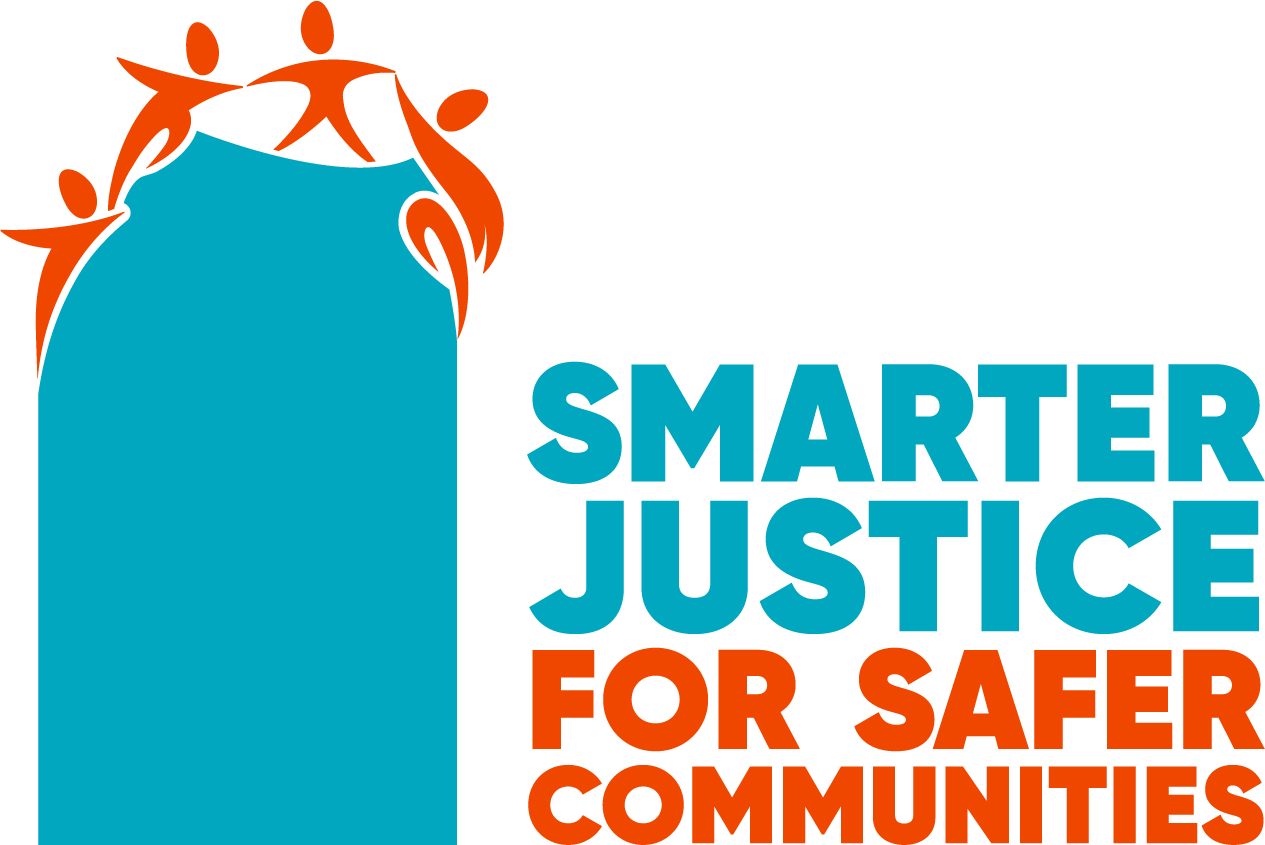Photo credit: ALC Media.
MEDIA RELEASE
November 21, 2022
Local justice initiatives overseen by traditional owners on remote Groote Eylandt have been lauded for at-risk children and teenagers staying out of trouble, as police data reveals a sharp fall in youth crime.
Analysis of Northern Territory Police statistics has confirmed that youth crime on Groote Eylandt, home to the Anindilyakwa traditional owners, has plummeted 95 per cent from 346 offences recorded in 2018-19 to just 17 offences in 2021-22.
The distinct count of offenders by crime fell from 44 to 13 over the same period, driven by a sharp reduction in offending by 8-to-17-year-old boys.
The decline has coincided with traditional owners establishing a range of initiatives aimed at diverting young people from the justice system and providing support to those who have become disengaged from education or employment.
Anindilyakwa Land Council Chief Executive Mark Hewitt said significant work had been done to identify young people at risk of making poor decisions that could have long-term negative ramifications on their lives.
He singled out the Groote Eylandt and Bickerton Island Enterprises’ GEBIE GANG, which was launched in 2019 to support young people who had come into contact with the justice system. It has since evolved into a youth mentoring program focused on early intervention strategies that foster positive life choices.
“I think part of its success comes from it being a proactive program that engages with kids and young people by providing local role models and real opportunities to build life skills – like cooking, health and fitness, spear-making, photography – but also finding work experience positions, undertaking short courses, and getting a driver’s licence.
“These are things all kids need if they are to lead happy and productive lives and avoid the types of influences that can lead to trouble.”

Mr Hewitt said locally led programs such as the Peacemaker Program, which is supported by Land Council anthropologist Hugh Bland and seeks to mediate disputes between local parties, and the Spotters Program, which supports youth and their families in a bid to stamp out antisocial behaviour, had also contributed to a more cohesive community.
Despite its small population – 2500 people at the last Census, of which 61 per cent were Aboriginal and/or Torres Strait Islander people – Groote Eylandt was once known for having an imprisonment rate 7 to 8 times higher than the Northern Territory.
The turnaround in youth offending comes in the wake of the historic Groote Archipelago Local Decision-Making Agreement signed in 2018, which provided the community with control over housing, education, economic development, health, local government and law and justice.
Work is currently underway on a rehabilitation camp on a remote pocket of the region, which will house up to 32 residents of different ages, who will undertake community service, receive job training, and participate in on-country cultural activities – all of which aims to steer them away from future offending.
It is being established as an alternative to sending people to juvenile detention or prison in Darwin, which would often see them return home only to later reoffend.
Northern Territory Council of Social Services (NTCOSS) Chief Executive Officer Deborah Di Natale said the investment in Groote Eylandt’s young people was beginning to pay off, proving that community-led initiatives to divert and support were effective solutions to dealing with youth crime.
“The statistics don’t lie: 77 per cent of children released from Northern Territory detention return within 12 months, proving that locking up kids behind bars does nothing to stop crime,” she said.
“What it does is remove often vulnerable young people from their support networks and puts them on a path to repeated criminal offending that will lead to more crime and undermine community safety in the longer term.
“In contrast, almost two-thirds of children who are given the opportunity to complete a diversion program do not reoffend within 12 months.”
Ms Di Natale, who is also a member of the Northern Territory Aboriginal Justice Agreement Reference Committee, noted that at the same time that Groote Eylandt had successfully lowered youth offending, the government’s bail law changes had led to a blow out in the number of children in detention on remand across the Territory.
The policy has also impacted taxpayers, with detaining a child in prison costing $3852 per day, according to a recent report.
“The NT community is alive to the failings of the justice system and the same old law-and-order approaches that prove to be ineffective over and over again,” Ms Di Natale said.
“It’s time for our elected leaders to start backing smarter justice approaches – such as the Groote Eylandt initiative – that support people to stop offending, stay out of prison and make our communities safer for all.”
For media inquiries: 0411 790 304
